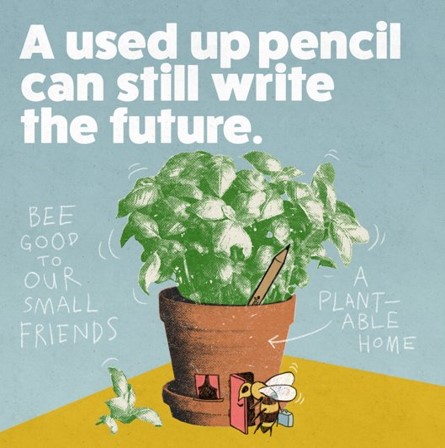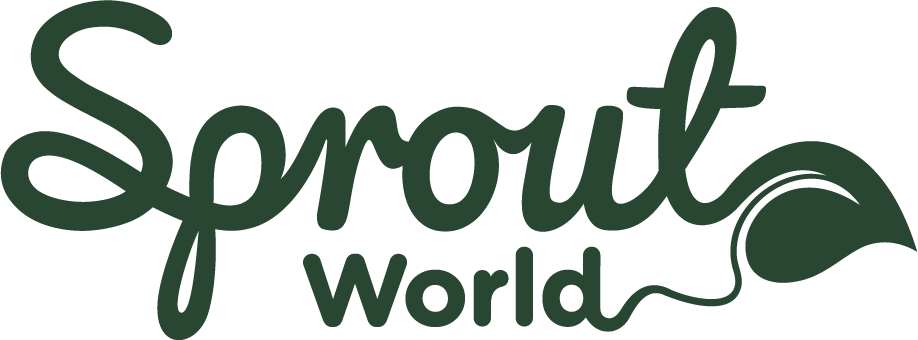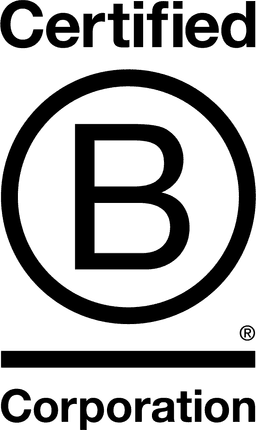

SproutWorld

Capital Region of Denmark, Denmark
April 2022
Wood & wood products
Wholesale/Retail
Denmark,
Poland,
United States
At SproutWorld, sustainability is at the core of who we are. We are passionate about inspiring individuals and companies to take environmentally friendly actions. To date, we have sold over 80 million plantable Sprout pencils worldwide—pencils that can be planted after use to grow flowers, herbs, vegetables, and even trees. In 2021, we extended our patent on “plantable writing instruments” by launching a new product: a sustainable, high-quality, Allery Certified, cruelty-free makeup liner that can also be planted after use to grow wildflowers. It is the only product in the world with a seed capsule at the end, allowing it to have a second life. We understand that acting sustainably can be overwhelming for both consumers and businesses, which is why we believe that From Small Things, Big Things Grow. Our philosophy encourages people to ask, “If I can plant a pencil or makeup liner after use, what else can I do for the environment in my everyday life?” At SproutWorld, we innovate by adding a second dimension to everyday products, giving them a new purpose after their initial use. We aim to minimize the end-of-life impact of our products while clearly demonstrating the principles of a circular economy. By connecting our patented seed capsule to our products, we add value not only
Overall B Impact Score
Governance 17.3
Governance evaluates a company's overall mission, engagement around its social/environmental impact, ethics, and transparency. This section also evaluates the ability of a company to protect their mission and formally consider stakeholders in decision making through their corporate structure (e.g. benefit corporation) or corporate governing documents.
What is this? A company with an Impact Business Model is intentionally designed to create a specific positive outcome for one of its stakeholders - such as workers, community, environment, or customers.
Workers 25.4
Workers evaluates a company’s contributions to its employees’ financial security, health & safety, wellness, career development, and engagement & satisfaction. In addition, this section recognizes business models designed to benefit workers, such as companies that are at least 40% owned by non-executive employees and those that have workforce development programs to support individuals with barriers to employment.
Community 18.5
Community evaluates a company’s engagement with and impact on the communities in which it operates, hires from, and sources from. Topics include diversity, equity & inclusion, economic impact, civic engagement, charitable giving, and supply chain management. In addition, this section recognizes business models that are designed to address specific community-oriented problems, such as poverty alleviation through fair trade sourcing or distribution via microenterprises, producer cooperative models, locally focused economic development, and formal charitable giving commitments.
Environment 40.3
Environment evaluates a company’s overall environmental management practices as well as its impact on the air, climate, water, land, and biodiversity. This includes the direct impact of a company’s operations and, when applicable its supply chain and distribution channels. This section also recognizes companies with environmentally innovative production processes and those that sell products or services that have a positive environmental impact. Some examples might include products and services that create renewable energy, reduce consumption or waste, conserve land or wildlife, provide less toxic alternatives to the market, or educate people about environmental problems.
What is this? A company with an Impact Business Model is intentionally designed to create a specific positive outcome for one of its stakeholders - such as workers, community, environment, or customers.
Customers 4.0
Customers evaluates a company’s stewardship of its customers through the quality of its products and services, ethical marketing, data privacy and security, and feedback channels. In addition, this section recognizes products or services that are designed to address a particular social problem for or through its customers, such as health or educational products, arts & media products, serving underserved customers/clients, and services that improve the social impact of other businesses or organizations.